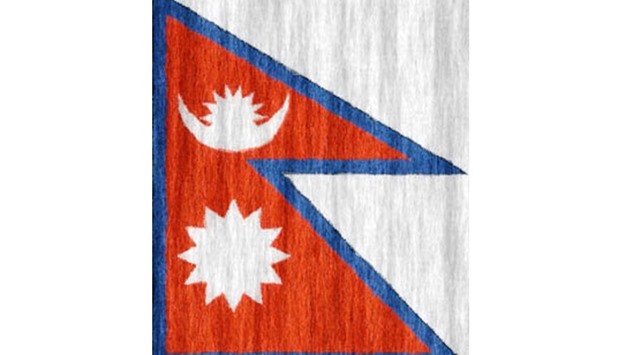A summit of South Asian leaders set for Islamabad in November may be called off, as several countries have decided not to attend amid rising tension between arch-rivals India and Pakistan, officials said yesterday.
Afghanistan, Bangladesh, Bhutan and India have expressed their “inability” to attend the summit of the South Asian Association for Regional Cooperation (Saarc), a senior foreign ministry official in Nepal said.
India’s foreign ministry on Tuesday announced its decision to skip the meeting, saying “increasing cross-border terrorist attacks in the region and growing interference in the internal affairs of member states by one country” had created an environment that was not
conducive.
India has blamed Pakistan for a deadly assault this month on an army base in Kashmir that has heightened fears of a new conflict between the nuclear-armed neighbours.
Pakistan, which rejects the accusations, called India’s move to pull out of the Saarc summit “unfortunate”.
A Bangladesh foreign ministry official said Dhaka had told Nepal it would not attend because of Pakistan’s interference in its internal affairs.
The two countries have been in a diplomatic spat over executions by Bangladesh of people convicted of crimes during its 1971 war of independence from Pakistan.
Junior Foreign Affairs Minister Mohammad Shahriar Alam said Dhaka had told Pakistan, which is chairing the meeting, of its “inability to attend the summit due to our
engagements”.
Rishi Adhikari, the foreign affairs adviser to Nepal’s prime minister, said the Himalayan nation’s government would discuss the matter with Saarc members so that there was “no long-term effect” on the
regional grouping.
The leaders of the eight Saarc countries – which also include Sri Lanka, Nepal and the Maldives – expressed frustration after the last summit in Kathmandu with the slow pace of progress towards greater
regional integration.
Analysts say this is due to the mutual mistrust between
Pakistan and powerhouse India.
Cyril Almeida, a columnist in Pakistan’s English-language daily Dawn, said India’s move to exclude Pakistan from regional discussions was not unexpected.
“Diplomatically, (it’s) maybe not a big deal for Pakistan given that Saarc is widely perceived as ineffective,” he said.
“But (it’s) a fresh sign of Pakistan not being in a comfortable place in its own region.”
Analyst Ashok Malik said the withdrawals would have little practical impact on Pakistan.
“It basically scores a symbolic and a political victory. As for Pakistan, this will push it even closer to China,” said Malik, head of the Delhi-based Observer Research Foundation’s regional studies initiative.
Pakistan said it remained “committed to peace and regional co-operation” and accused India of perpetrating “terrorism” on its soil.
“As for the excuse used by India, the world knows that it is India that has been perpetrating and financing terrorism in Pakistan,” tweeted foreign ministry spokesman Nafees Zakariya late Tuesday, citing the capture of an Indian intelligence officer in Balochistan earlier this year.
Pakistan has repeatedly accused India of interference in the southwestern province, which borders Iran and Afghanistan and is afflicted by Islamist militancy and a separatist insurgency.

nepal flag
